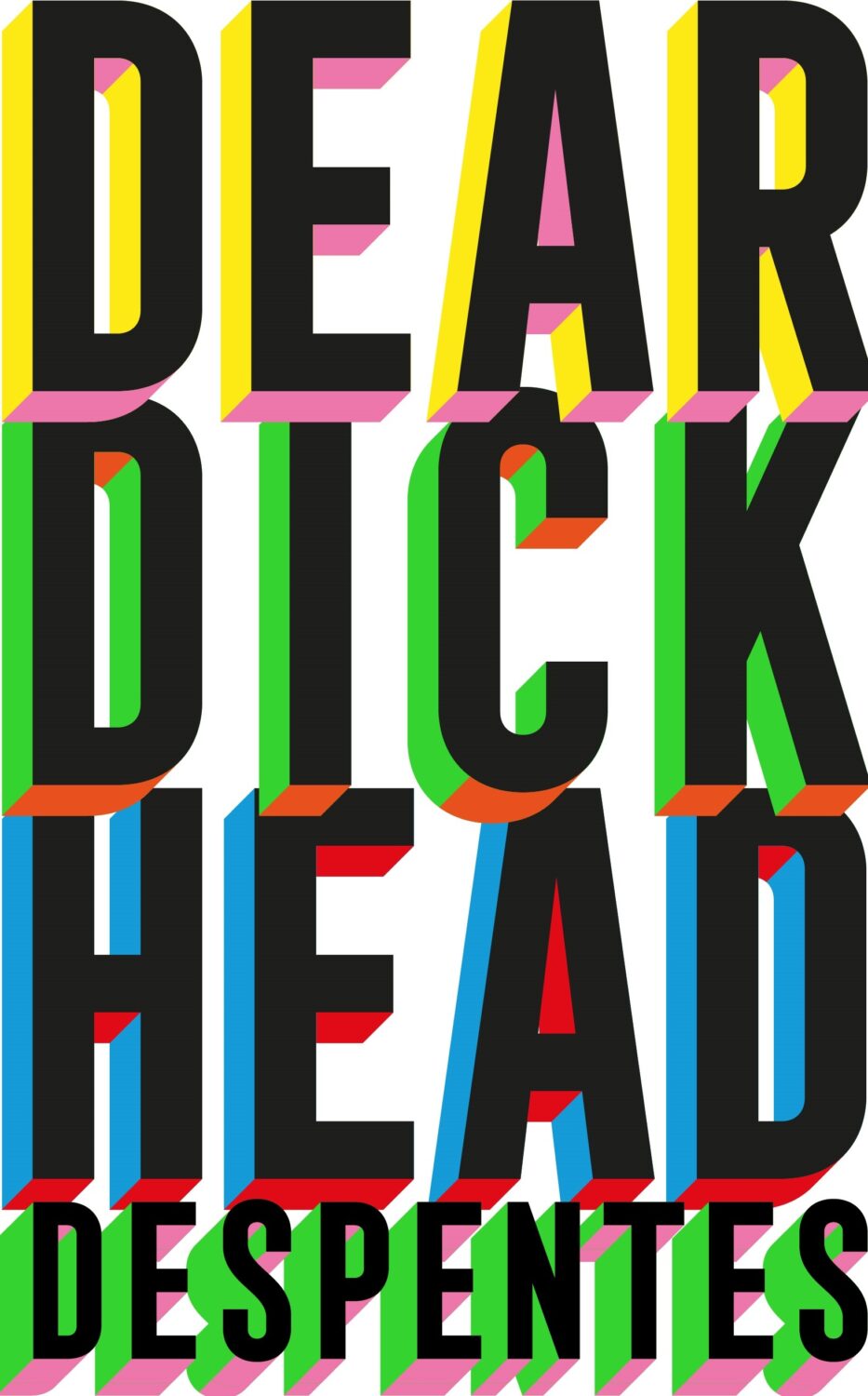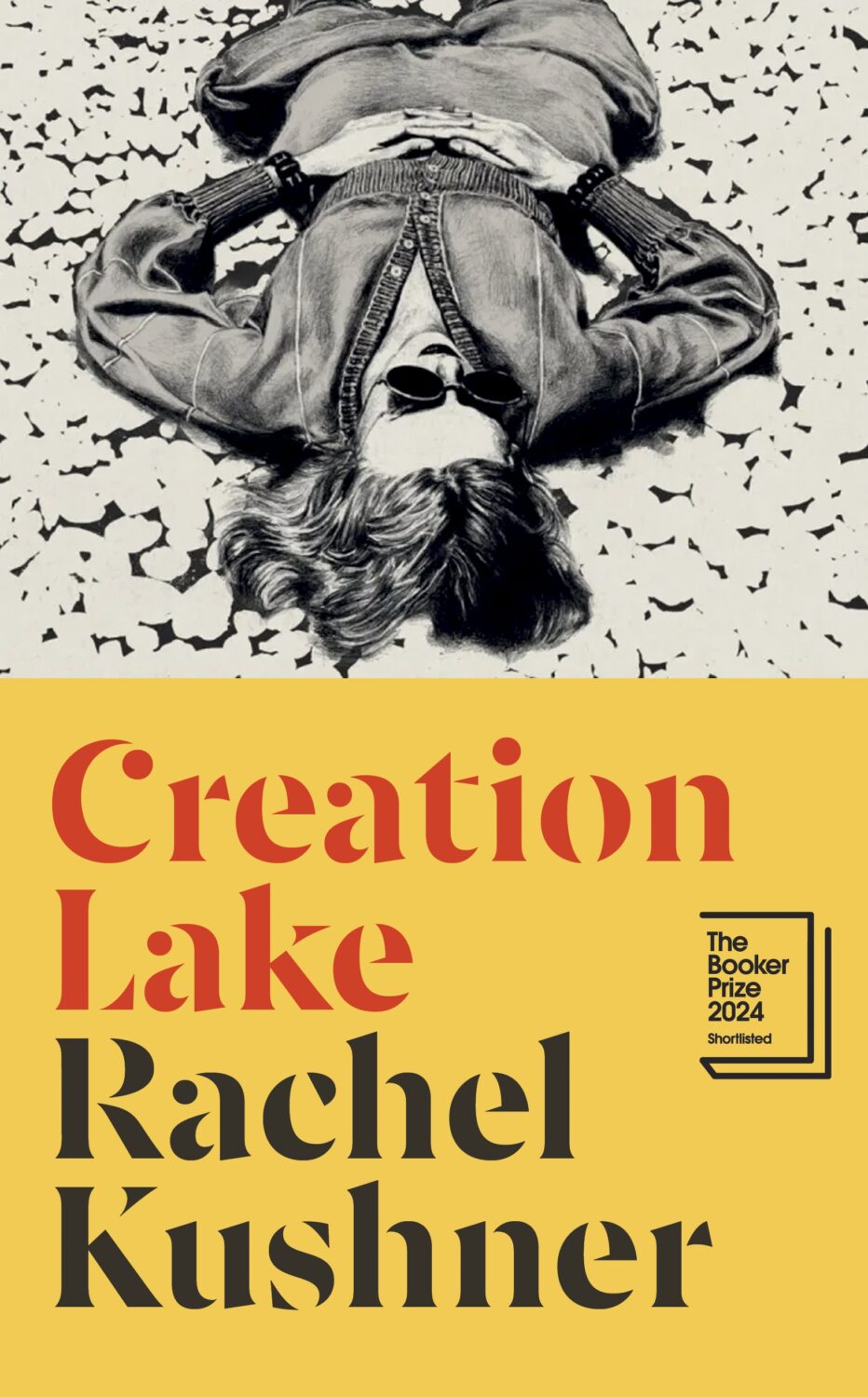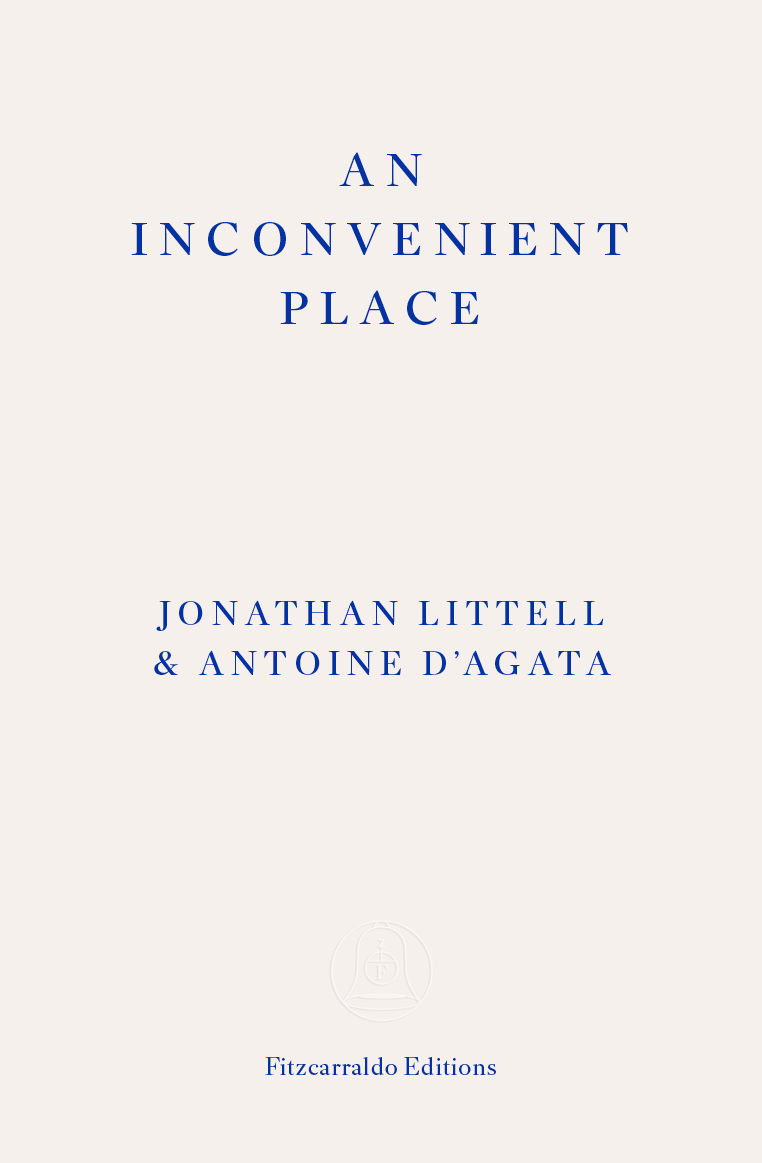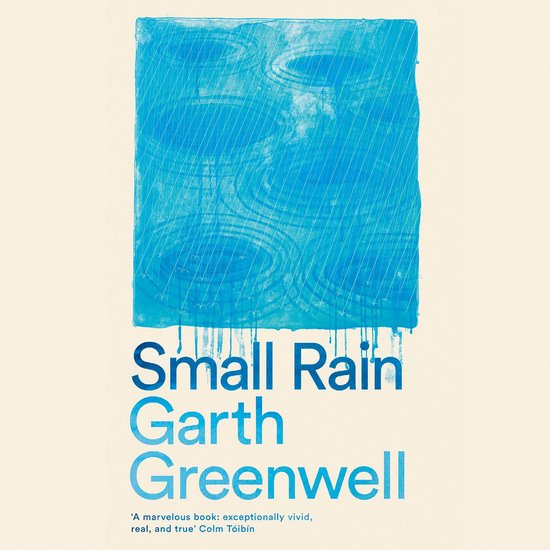Destructive Love Affairs, Bougie French Anarchists and Sexy American Spies: 5 Books to Read in September 2024
By Bartolomeo SalaIt’s back-to-school, which means publishers are flooding the market with their stronger titles with an eye to Christmas and the holidays. I spared you my take on the new Sally Rooney (a book that doesn’t need any further representation), but here’s a list of a few other heavy hitters as well as some slightly more niche, leftfield offerings. Happy reading.
DEAR DICKHEAD, Virginie Despentes
MacLehose Press, pp. 304

The first memory I have of Despentes is a talk she gave together with the philosopher (and her former lover) Paul B. Preciado at a literature festival in October 2019 where I was volunteering.
The two of them had been invited to discuss Despentes’ latest book King Kong Theory, and all was going well until the (male) moderator fumbled a question on the subject of rape, and Despentes proceeded to dressing him down for most of the rest of the event. Perhaps for that reason, when we ended up sharing coffee after lunch the day after, I decided to remain at a safe distance. On this occasion, however, I was struck by the author’s gentleness. She could have easily left and gone back to the hotel, but instead stayed with us and shared multiple cigarettes.
A similar mixture of ferociousness and tenderness – disdain and empathy for the most sorry aspects of human nature – is at the centre of DEAR DICKHEAD, Despentes’ last novel, in which two fading creative prodigies find themselves establishing a correspondence and spar over the most diverse subjects. No-holds-barred, in yer-face-stuff of the highest order.
IF ONLY, Vigdis Hjorth
Verso Books, pp. 352

Although I might affect a certain poise and self-control, I am a sucker for a perfectly executed all-consuming, self-destructive love affair. If Only, the latest translated novel by Vigdis Hjorth originally published in 2001 in Norway, has something of the matter-of-fact desperation and sense of doom in Annie Ernaux’s Simple Passion (I know it’s wrong, but I can’t help myself). However, perhaps because the novel is much longer and takes place over the course of multiple years, and perhaps because it’s fiction, I think it strikes an even more obsessive, heart-rending note.
In particular, I appreciated how the prose mimics the frantic toing-and-froing of a lover’s mind who is left pining, forced to endlessly doubt the nature of one’s relationship by the silence and prolonged absence of their lover.
CREATION LAKE, Rachel Kushner
Jonathan Cape, pp. 416

Centring on Sadie Smith (wink wink), a spy-for-hire who powerful vested interests have hired to infiltrate and sabotage a group of French radical eco-activists who, among many other facets of contemporary living, oppose the government’s plan to create mega-basins in the rural South West – Creation Lake is the latest spy-thriller by Rachel Kushner, published just in time to be shortlisted for this year’s Booker Prize.
As someone invested in the issues the novel supposedly explores, I wished it was a bit more serious about the themes it tackled. Instead, we mostly see things through the superficial, often dismissive point of view of the unreliable narrator. That said, if you like a slick, a bit too-cool-for-school read, which beats with the same insouciance and sense of style of a Jean-Luc Godard movie, this is the book for you.
AN INCONVENIENT PLACE, Jonathan Littell & Antoine d’Agata
Fitzcarraldo Editions, pp. 352

In 2021, when together with photographer Antoine D’Agata, French-American author Jonathan Littell embarked on a project which aimed to document Babyn Yar – the district north-west of Kyiv, Ukraine where 100,000 people, 33,771 of which were Jews, were killed and dumped in mass graves by Nazi forces between 1941 and 1943 – he could scarcely imagine that his research would be interrupted by the full-scale Russian invasion of Ukraine.
An Inconvenient Place is his attempt to come to grips with the horror of Babyn Yar, as well as Bucha, that small suburban town where Russian occupying forces committed all kinds of atrocities and then tried to cover up all evidence of what had occurred. A difficult, unsettling book which manages to ask the all important questions about how we remember and bear witness to evil that’s almost too enormous to comprehend and that in many cases leaves no tangible trace.
SMALL RAIN, Garth Greenwell
Picador, pp. 320

A follow up to his previous Cleanness and What Belongs to You, and also autobiographical – Small Rain tells the story of a man and a writer, who after feeling a sharp pain is hospitalised with a rare vascular condition and all of a sudden is faced not only with the dysfunctional American healthcare system but also the reality of being ill and bed-ridden: ultimately, the realisation that the body is almost a foreign and strange land beyond one’s control.
I do not enjoy reading about illness (I still remember the discomfort I felt while reading the sections about Levin’s older brother Nikolai who is affected by tuberculosis in Anna Karenina). But this one is written with a sensitivity that is truly extraordinary.
Bartolomeo Sala is a writer and reader based in London. His writing has appeared in Frieze, Vittles, and The Brooklyn Rail. Header image courtesy of Verso Books.